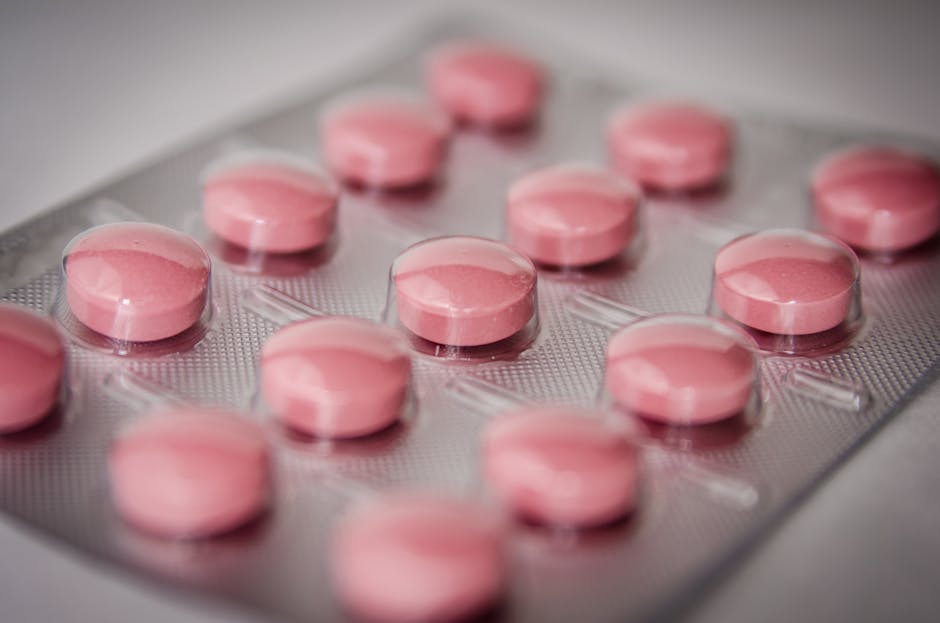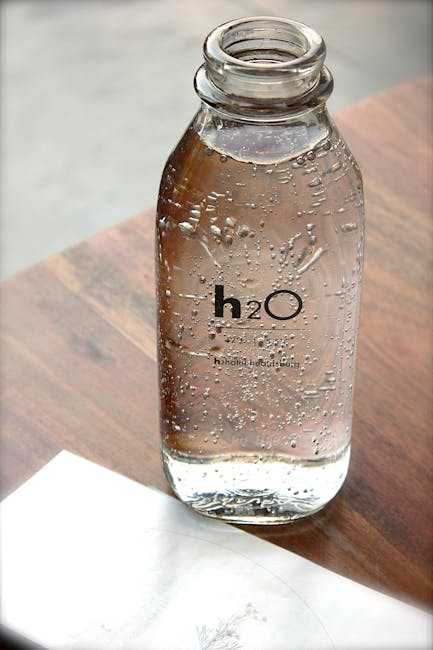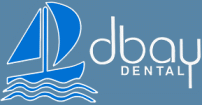Dry mouth syndrome effects 10% of the population and 25% of older people. Saliva glands are located in the mouth and a steady amount of saliva is pumped into the mouth regularly. This helps keep the mouth moist and also helps with chewing and swallowing of food.
Having enough saliva helps in many ways, some of these are:
- It neutralizes the acids produced by plaque.
- Contains Phosphate and calcium which is important for remineralisation (rebuilding of tooth enamel).
- Has anti-fungal properties.
- Helps to destroy viruses.
- Helps with formation of particular sounds in speech.
Sometimes, for many reasons, people can experience dry mouth syndrome. Please see our quick points below which will cover the signs and symptoms, causes and different treatments that can help when experiencing dry mouth.
Signs and symptoms of dry mouth:
- Feeling of dryness in the mouth often worse in the morning.

- Thick or frothy Saliva.
- The tongue tends to stick to the roof of the mouth.
- Bad breath.
- Problems with chewing and swallowing.
- Mouth ulcers.
- More prone to tooth decay and gingivitis.
- Dry or cracked lips or sores in the corners of the mouth.
- Poor oral hygiene can cause tooth decay on the biting surface, however dry mouth can cause a different pattern of tooth decay, the decay tends to start along the gum line.
Causes of dry mouth:
- Taking multiple medications

- Dehydration
- Infection
- Some diseases for example Sjogrens Syndrome, Cerebral Palsy, Diabetes and Parkinson’s .
- Nerve problems.
- Blocked nose which leads to mouth breathing.
Treatments:
- Visit the Dentist to discuss recommendations.
- There are a number of simple treatments to try.
- Stay hydrated, Chew sugar free gum.

- Use dry mouth rinses and gels e.g. Colgate and Biotene.
- Also important to maintain good oral hygiene as dry mouth makes it easier to develop decay.
- Lower the sugar intake in your diet.
Helpful tips for dry mouth syndrome:
- Eating chewy foods to stimulate the flow of saliva.
- Avoid substances that increase dry mouth tissue e.g. cigarettes, alcohol, caffeine and spicy foods
- Drink plenty of water.
- Brush and floss twice a day.
- Ask your dentist for more advice and information.
Often simple treatments are effective but in severe cases of dry mouth further measures or even a specialist treatment may be required. If you require any further information or would like to make an appointment please don’t hesitate to contact the practice.
To book an appointment please phone 3203 0162 to speak to our friendly reception team or appointments can be booked online here.
